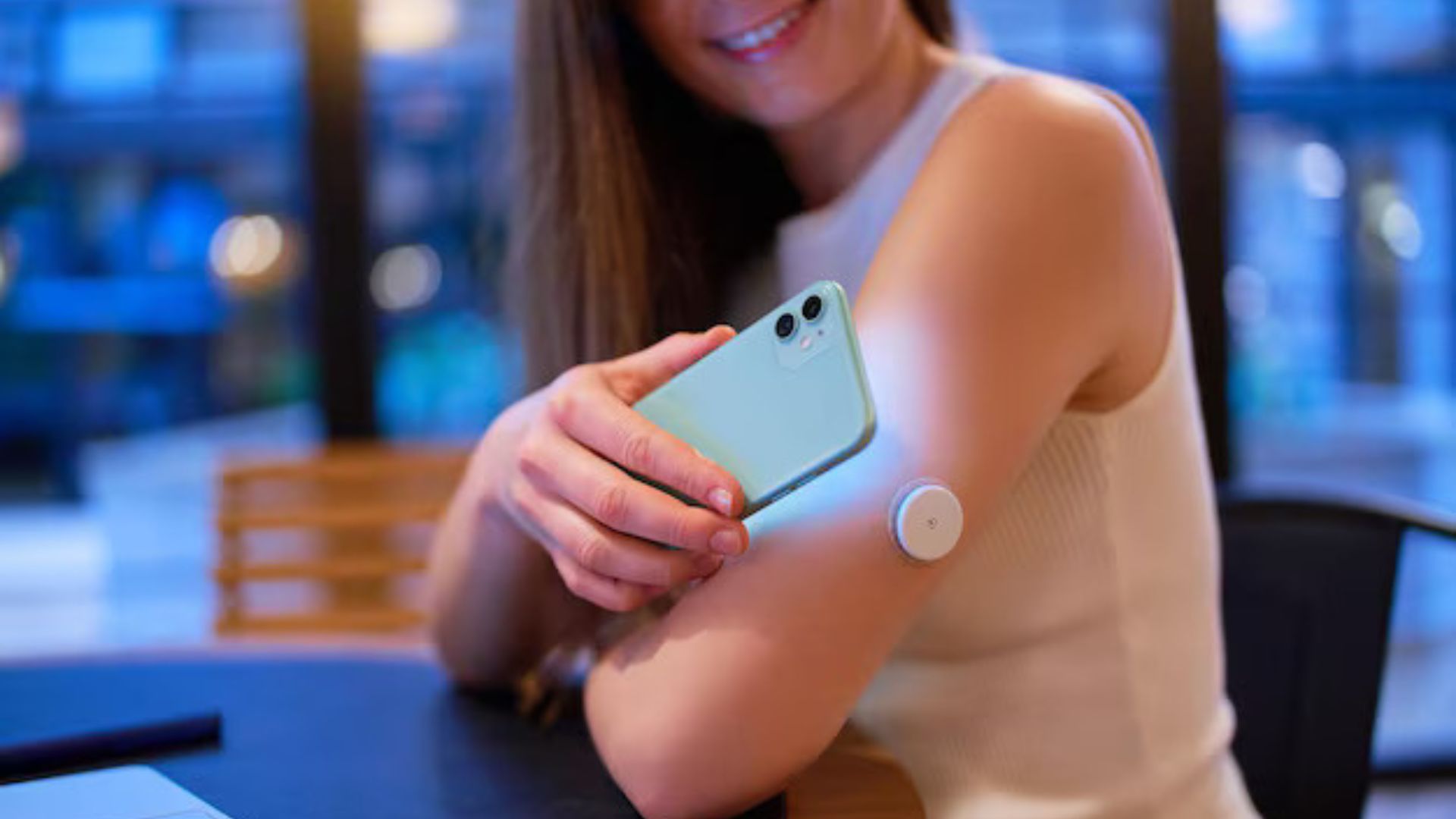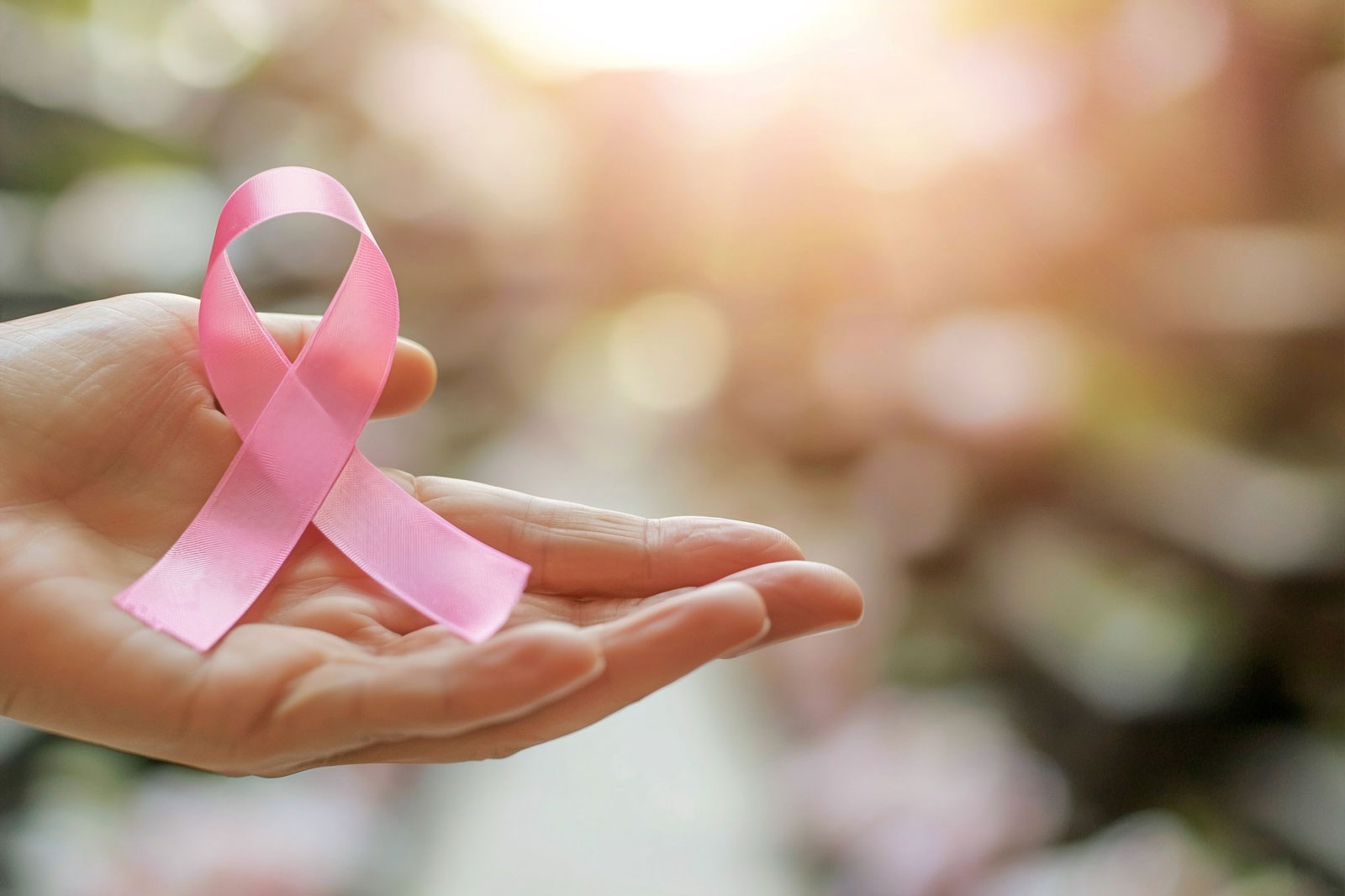

Is there a mobile app that can identify skin cancer?
Let’s be real: we use our phones for everything. We trust them to navigate us through unknown cities, remind us of birthdays, and even help us find love. So it’s not surprising that we’re now wondering: Can this little device tell me if a spot on my skin is dangerous?
The answer is both yes… and no.
There are some pretty smart apps out there that can give you a good idea about whether a mole might be risky. But /and /this – is a big but! they are not a replacement for a doctor. Not even close.
Let’s break down what these apps can and can’t do,
How Do These Apps Even Work?
Most of these apps use artificial intelligence (AI). Basically, they’ve been “trained” by looking at thousands and thousands of pictures of skin spots, some harmless, some cancerous.
When you upload your photo, the app compares your mole to everything it’s seen before. Within seconds, it gives you a risk level: low, medium, or high. Some apps just help you track changes over time, while others try to analyze the spot right away. A few even let you chat with a real dermatologist online.
The Most Popular Skin Check Apps
Here are a few you might have heard of:
SkinVision: This one’s used a lot in Europe and Australia. You take a pic, and it gives you a risk rating in about 30 seconds.
SkinScreener: Another app that’s been tested by doctors. It claims to be about 95% accurate.
MoleMapper & Miiskin: These are less about instant analysis and more about tracking. They help you take photos over months or years to see if a mole is changing.
First Derm: This app doesn’t use AI instead, you get your photo reviewed by an actual dermatologist (usually for a fee).
The Good: Why These Apps Can Be Helpful
There’s some solid science behind this technology. Studies have shown that some of these apps can be really good at spotting suspicious moles in some cases, almost as good as a dermatologist.
They’re especially useful for:
- Keeping an eye on moles over time.
- Giving you a nudge to see a doctor if something looks off.
- Helping people who can’t easily get to a dermatologist.
The Bad: Why You Have to Be Careful & Why Doctors Are Cautious
This is the really important part. As helpful as these apps can be, doctors are seriously worried about them. Here’s why:
- They can be wrong. And not just a little wrong. One study found that some apps miss up to 30% of melanomas – the most dangerous type of skin cancer. If an app tells you something is “low risk,” you might put off seeing a doctor, and that could be dangerous.
- They can freak you out for no reason. Sometimes they say a mole is “high risk” when it’s actually totally fine. That means unnecessary stress, doctor visits, and even biopsies.
- They don’t know YOU. An app doesn’t know your family history, your skin type, or how that mole has felt for years. A dermatologist does.
So… Should You Use One?
Think of these apps like a helpful – but overly cautious- friend. These tools can be useful for:
- Tracking changes in size, shape, or color of a mole.
- Encouraging people to check their skin more regularly.
- Connecting users quickly to a dermatologist through telemedicine.
They’re NOT good for:
- Telling you everything is fine when it might not be
- Replacing a real, in-person skin exam
- Diagnosing you on their own
So, can an app identify skin cancer? The answer is nuanced. Yes, these digital tools are becoming remarkably sophisticated and can serve as a valuable initial step in skin cancer screening. They can raise awareness, help you monitor changes, and give you that much-needed nudge to take your skin health seriously. However, they are fundamentally a starting point, not an endpoint. Think of them as a helpful friend. No algorithm can replace the trained eye of a dermatologist, the importance of a full-body exam, or the certainty of a biopsy. The most effective skin cancer screening will always be a partnership: your vigilance with self-checks, the smart use of technology for tracking, and the irreplaceable expertise of a medical professional for diagnosis.Your phone is a powerful tool in your health toolkit, but your most important asset is your judgment. If something looks or feels wrong, trust your instincts, not your app and see a doctor.

